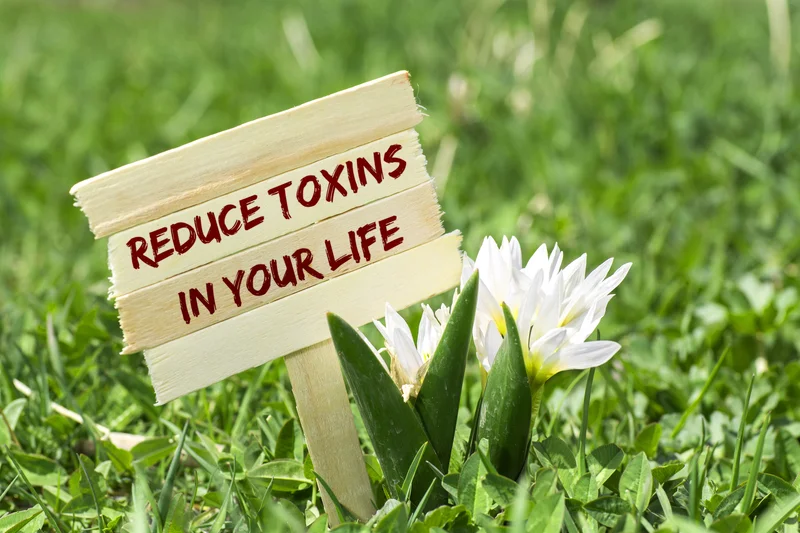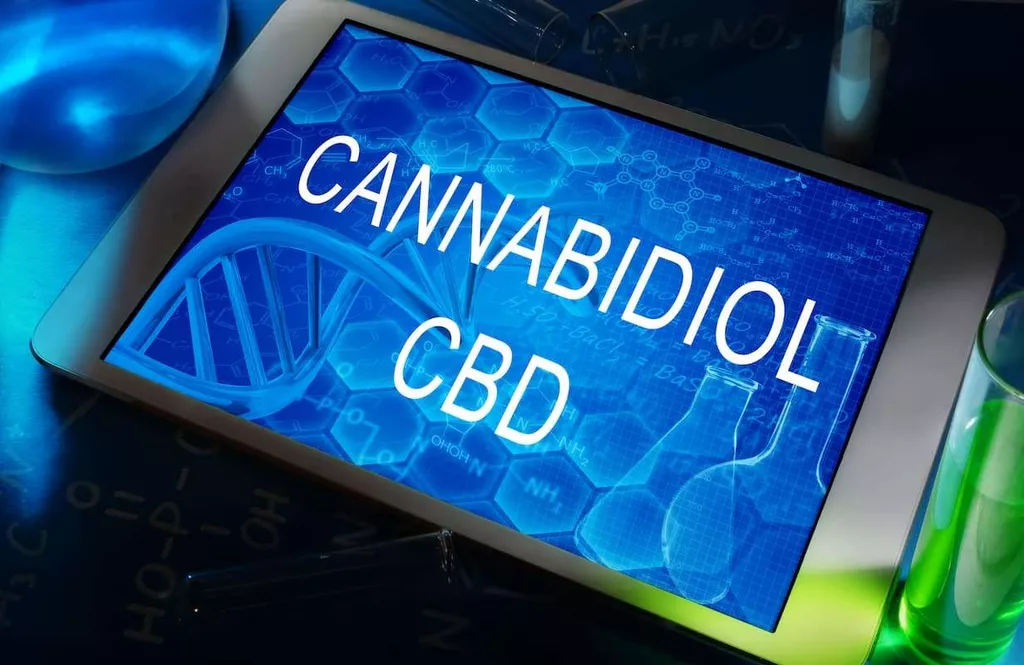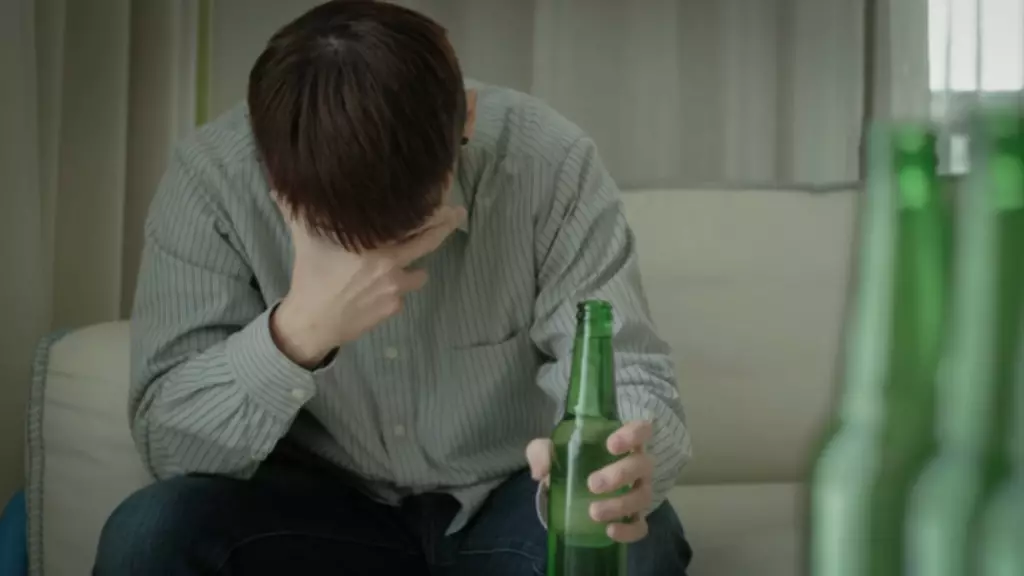
Under the influence of alcohol, individuals may be more likely to engage in behaviors they wouldn’t consider while sober, leading to compromised fidelity in relationships. Another way alcohol can impact emotional intimacy is by leading to heightened emotional responses. Alcohol can amplify emotions and make individuals more prone to emotional outbursts, irritability, and mood swings. This can result in conflicts and arguments that may not have occurred in a sober state. This impairment can make it challenging for individuals under the influence of alcohol to express their thoughts and feelings effectively.
How does alcoholism impact the parenting roles within a family?

In contrast, personal pro-drinking attitudes significantly positively mediated associations between Instagram ARC exposure and drinking. Thompson and Romo48 reported that ARC posting exerted a positive cross-sectional indirect effect on the associations between alcohol identity, adherence to social norms (popularity, peer pressure), and alcohol-related problems. Using moderated serial mediation, Alhabash et al.69 found that when participants did not engage with ARC posted by others, the association between their own ARC posting and drinking was mediated by peers’ and close friends’ norms.
Resources for Assistance and Recovery
By recognizing the impact of alcohol on relationship dynamics, seeking help, and implementing healthier coping strategies, individuals can work towards building stronger and healthier relationships. Alcohol has been linked to an increased likelihood of aggressive behavior in intimate relationships. When under the influence of alcohol, individuals may experience a decrease in inhibitions and an impaired ability to control their emotions and actions. This can lead to a heightened risk of engaging in physically or verbally aggressive behavior towards their partner.
- In the real world, though, they have the ability to create an unhealthy, all-or-nothing mindset that may conflict with the individual and their goals.
- These groups allow members to speak in a safe environment about the impact alcohol has on their lives.
- Having a drink now and then is usually fine, but drinking too much too often can lead to alcohol use disorder (AUD).
Escalation of other substance abuse
- Being in a relationship with someone with alcohol use disorder can be challenging.
- This mirrors findings from research on prairie voles that showed relationship strain when one partner consumed alcohol while the other did not (ScienceDaily study).
- The impact of alcohol on relationships is widespread and can affect every single relationship a person is a part of.
- Understanding these effects is crucial for addressing and resolving relationship issues related to alcohol.
- If these signs resonate with your relationship, seeking professional help can be beneficial.
Whether you’re seeking help for yourself or a loved one, we’re here to guide you every step of the way. alcohol and relationships Detoxing from opioids at home can offer privacy and comfort but carries serious risks, so it’s essential to consult a medical professional and have a solid support system in place for safety and success. For those who have insurance, using health insurance to pay for rehab should cover at least some of the cost of addiction treatment. To find out if your policy covers rehab, click here, or fill out the form below. BetterHelp offers affordable mental health care via phone, video, or live-chat. Some specialists can help you stage an intervention and find the right treatment for your loved one.
- Alternatively, you can email us at and we will help you find the treatment you or your loved ones need.
- Alcohol can greatly increase the chance of aggressive behavior in some people and often plays a role in intimate partner violence.
- Given that alcohol can contribute to all these issues, it’s likely that alcohol use has the potential to lead to separation issues in some couples.
- These changes can cause strain on your relationships with family, friends, and colleagues.
- This can manifest as outright lying, hiding bottles of alcohol or making excuses for problematic behaviors.
While not everyone who drinks encounters these issues, the risk becomes more pronounced as drinking escalates. Alcohol impairs judgment and increases impulsivity, making it difficult for partners to communicate effectively. Arguments that might otherwise resolve quickly can spiral into major conflicts when one or both individuals have been drinking. Research, including findings from studies on relational dynamics (ScienceDaily study), shows heavy alcohol use is tied to increased verbal and physical conflicts in relationships. Cognitive Behavioral Therapy (CBT) offers structured techniques that assist couples in enhancing their emotional regulation and minimizing conflict escalation disputes.

Communication Breakdown
Alternatively, you can email us at and we will help alcoholism you find the treatment you or your loved ones need. Additionally, missed work due to hangovers or job loss from alcohol-related issues can strain a family’s financial resources. Their support can be emotional, providing encouragement, and practical, helping to create a stable environment. Drinking impacts the nervous system, making it hard to maintain sexual performance. Focus on reducing alcohol use and improving communication to rebuild trust and manage responsibilities effectively.
Comparing Outcomes: Harm Reduction vs. Abstinence

Poor sexual health creates a cycle of emotional and physical withdrawal, contributing to the breakdown of closeness between partners. Repeated incidents of alcohol-related communication breakdowns can erode the foundations of your relationship. Misunderstandings become common, and discussions might escalate into conflicts. Over time, effective communication becomes rare, making it hard to resolve issues or connect meaningfully.
Alcohol and domestic violence
If your partner is drinking, you may feel pressured to conform and fit in. As you spend more time together, you’ll share more experiences and environments, likely impacted by each other’s drinking habits. Contact Infinite Recovery today to learn about our comprehensive treatment programs and take the first step toward a healthier, happier future.
